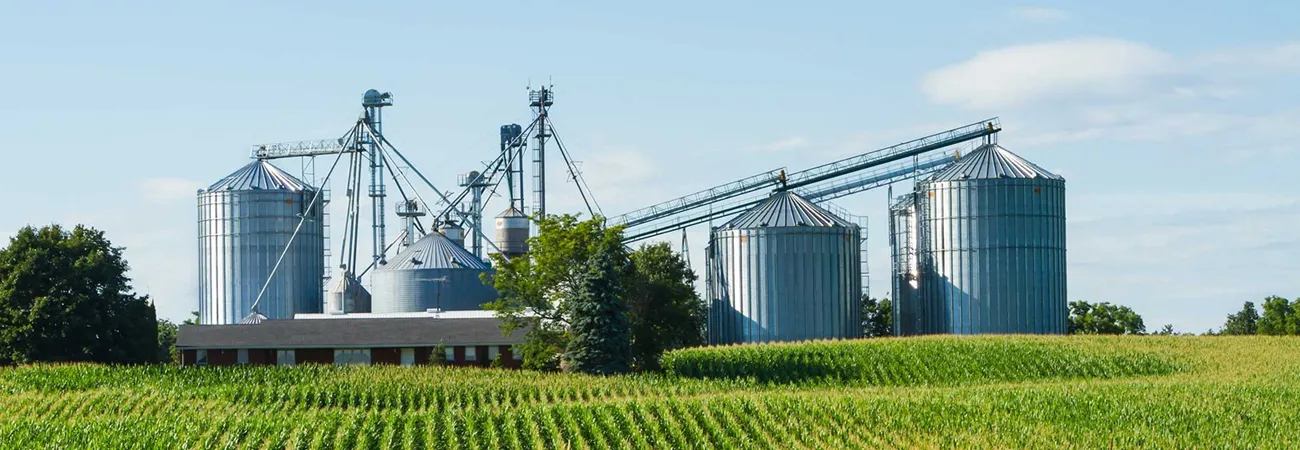i ECONOMY
Pakistan desperately needs to establish modern storage facilities to ensure agricultural resilience and food security as it aims to achieve self-sufficiency in food grain production. "Grain storage facilities play a crucial role in ensuring food security. They help to reduce post-harvest losses, maintain the quality of grain and ensure a steady supply of food throughout the year. However, Pakistan's current grain storage facilities are inadequate and outdated, leading to significant post-harvest losses, which reduce food availability and drive food prices up," said Muhammad Azeem Tariq, a senior scientific officer at the National Agricultural Research Centre (NARC). "To address this issue, we must invest in modern and efficient grain storage facilities to provide adequate protection against pests, rodents and moisture, which are the major causes of grain spoilage," he told WealthPK. According to the Food and Agriculture Organisation of the United Nations, Pakistan ranks 63rd in food losses worldwide.
Tariq pointed out that gram farmers didn't have much access to resources. "For example, if there is an excess produce, they are unable to store it and are forced to sell it at a loss. To resolve this issue, the government should offer the farmers simple incentives for using storage facilities on a big scale." "With improved storage facilities, farmers can store their grain for longer periods, allowing them to sell their products at a better price when the market conditions are favourable," he added. "Using technology for storage and post-harvest management can help Pakistan address the food insecurity issue. Investing in grain storage facilities can also help strengthen Pakistan's food value chain," he maintained. M Hanif, another senior scientific officer at NARC, told WealthPK that Pakistan's struggle to secure its food supply could be largely attributed to two key factors – inadequate food storage capacity and security. "A substantial percentage, ranging from 10% to a staggering 50%, of the total food production in Pakistan goes to waste." "Wheat, a staple crop, experiences substantial losses, estimated at about 20%, due to improper storage facilities.
In the case of fruits and vegetables, the losses are even more alarming, ranging from 30% to 50%," he pointed out. He said one of the primary reasons for food loss in Pakistan was the inefficiency of the supply chain. "From the farm to the market, food often faces inadequate storage, transportation, and handling facilities, leading to spoilage and waste." "Lack of infrastructure is another major reason. Insufficient infrastructure, including cold storage facilities, proper packaging and transportation networks, hinder the country's ability to preserve perishable goods like fruits and vegetables," he added. He said to address the issue, a comprehensive approach was essential. "This includes investing in modern infrastructure for storage and transportation, adopting innovative agricultural practices, developing climate-resilient crops, raising public awareness about responsible food consumption, implementing supportive government policies, and fostering collaboration among various stakeholders. These combined efforts can significantly reduce food loss, improve food security and create a more sustainable food system in Pakistan."
Credit: Independent News Pakistan (INP)









